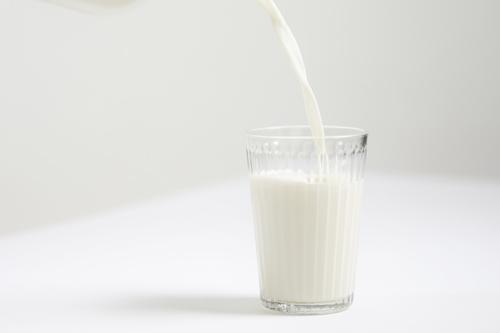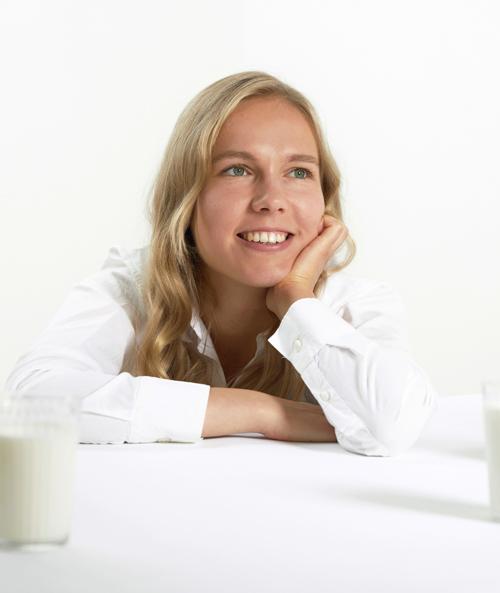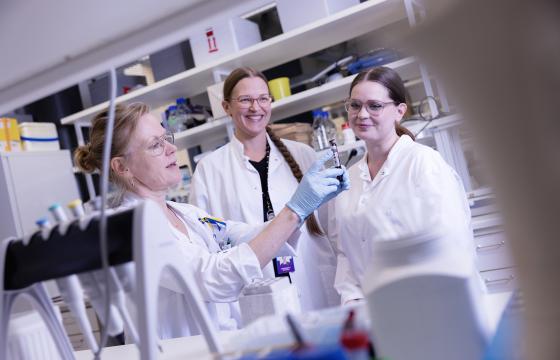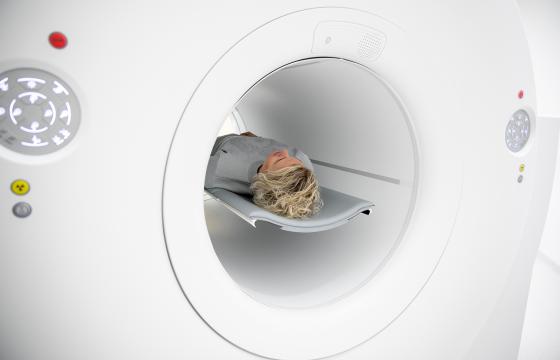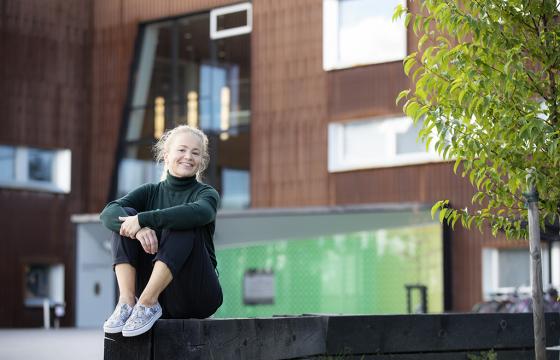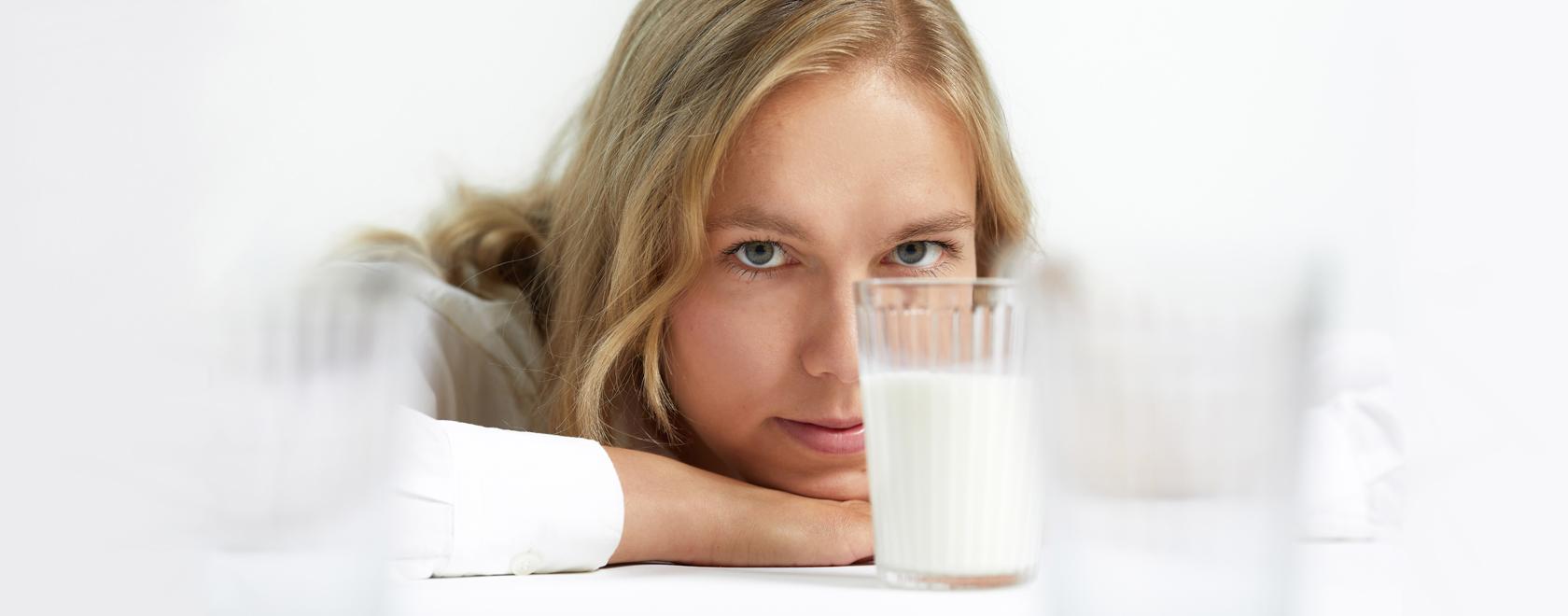
Text and photos: Laura Iisalo
The occurrence of type 1 diabetes has multiplied in Finland since the 1950’s, and excessive consumption of cow’s milk has been found to predispose individuals to the development of the disease.
Doctoral candidate at the University of Helsinki’s Doctoral Programme in Population Health, Katariina Koivusaari, has spent the past three and half years looking into the connection between the processing of milk and the development of type 1 diabetes in children. The possible link to asthma was included in the research later on.
– Cow’s milk is a source of protein, nutrients, and vitamins for children, including calcium, iodine, vitamin D, and some types of vitamin B, and milk products are very popular. On the other hand, the occurrence of type 1 diabetes is the highest in the world, which is why doing this research in Finland makes sense, Koivusaari says.
Prior to her thesis Koivusaari completed her master studies, and classified all milk-containing food products in the National Food Composition Database according to how they were heat-treated and homogenised during processing.
In high pasteurisation the heat inactivates proteins in the milk, and in high-temperature treatment new compounds are also created. In homogenisation, the fat in milk is broken into smaller compounds, which changes the surface structure. This can, according to Koivusaari, affect the structure of the proteins attached to the fat.
Apart from different types of commercial drinkable milk, the classification included quark, cheese, yoghurt, and other milk products. Extra attention was paid to children’s foods including formulas, porridges, and baby food products containing cow’s milk.
– Milk is a very complex matter and in previous research it has been left unclear what is the exact factor in milk that increases the risk of developing the illness. Understanding this would mean that it could be taken into consideration in processing, says Koivusaari.
High-temperature treatment is connected to asthma
Koivusaari performed her thesis work at the Finnish Institute for Health and Welfare. She made use of the research material collected since 1996 as part of the Finnish study, Type 1 Diabetes Prediction and Prevention, which according to Koivusaari, is one of the most important studies in the field.
Statistical analysis was prepared by a doctoral candidate at Tampere University, Essi Syrjälä and the research project was supervised by Tapani Alatossava at the University of Helsinki and Suvi Virtanen and Sari Niinistö at the Finnish Institute for Health and Welfare.
The study didn’t find any of the processing methods to be a significant marker but excessive consumption of milk products was connected to a higher risk of developing type 1 diabetes.
High-temperature treated milk products, which include infant formulas, seem to be linked to a higher asthma risk. This is the first study in which such connection has been found.
The study results are promising, yet more research is needed in order to verify the outcome. Koivusaari intends to defend her thesis by the end of this year, and after that she is going to embark on a new study that once again relates to children and food.
– The subject is always relevant because eating is mandatory. I find it meaningful to link the knowledge in my study field to children – for me that is important and interesting, she says.
Doctoral candidate Katariina Koivusaari, was awarded a grant worth 24 000 euros in 2018 from the Finnish Cultural Foundation. She studied the connection of milk processing and the outbreak of type 1 diabetes and asthma in children.
